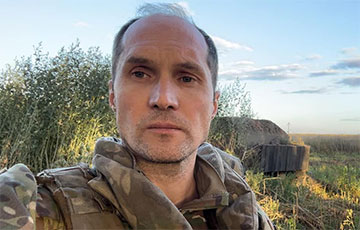Scientists Who Are Least Trusted Have Been Named
3- 20.05.2025, 22:16
- 6,324

The study covered 68 countries.
Climate scientists are trusted around the world, but not as much as other scientists, a global study has found, the results of which can be found on Environmental Research Letters.
Analysis of Trust in Science
The University of New South Wales in Sydney analyzed data from one of the largest cross-national surveys of public attitudes toward science, which included responses from nearly 70,000 people in 68 countries.
Participants rated their trust in climate scientists on a five-point scale, where 5 meant "very high trust" and 1 meant "complete distrust." Trust in scientists in general was assessed using a 12-item questionnaire measuring perceptions of expertise, honesty, friendliness, and openness. Responses were averaged to create an overall trust score, where higher scores reflect higher levels of trust.
Trust in scientists was found to be moderately high overall (average score of 3.6 out of 5), but slightly lower for climate scientists at 3.5.
The authors called the difference between these scores the trust gap, and in 43 of the 68 countries it was outside the statistical margin of error: people do trust climate scientists less than scientists in general.
This trust gap is different everywhere: in Europe, Oceania (including Australia and New Zealand) and North America - less, in some countries of Latin America and Africa - more. The Democratic Republic of the Congo was particularly notable, where climate scientists were the least trusted, perhaps because the climate initiatives supported put resource extraction for green energy ahead of local interests.
Six countries were exceptions: in China, Taiwan, South Korea, Egypt, Israel and Germany, climate scientists were trusted more than scientists in general. In China and Germany, this can be explained by strong investment in green energy, high public support for climate action, and the prominent role of climate scientists in policy making.
What is the reason?
It is logical that people with positive attitudes toward science in general express more trust in scientists and especially climate scientists. And those who are skeptical of science trust climate scientists even less. Age also plays a role - older people on average trust scientists more than younger people, but young people more often express trust in climate scientists.
The most significant factor influencing attitudes toward climate scientists, as expected, was political views: the more right-wing - the more skepticism. However, it would be a mistake to generalize this trend, given the significantly different understanding of "liberal" or "conservative" beliefs in different countries.
In 28 countries in the Americas, Europe and Oceania, right-wing views correlate not only with less trust in climate scientists compared to left-wing views, but also with a larger gap between trust in scientists and climate scientists. In some countries in Asia, Africa and Eastern Europe, the opposite is true: right-wingers express more trust in climate scientists than left-wingers.
The authors of the study attributed this to the over-politicization of the environmental agenda, with some conservative parties and the media in the West spreading doubts about the credibility of climate science.
How to close the trust gap
Trust alone will not solve the climate crisis, but it is important for public support for climate initiatives, which are becoming critically needed as warming worsens











